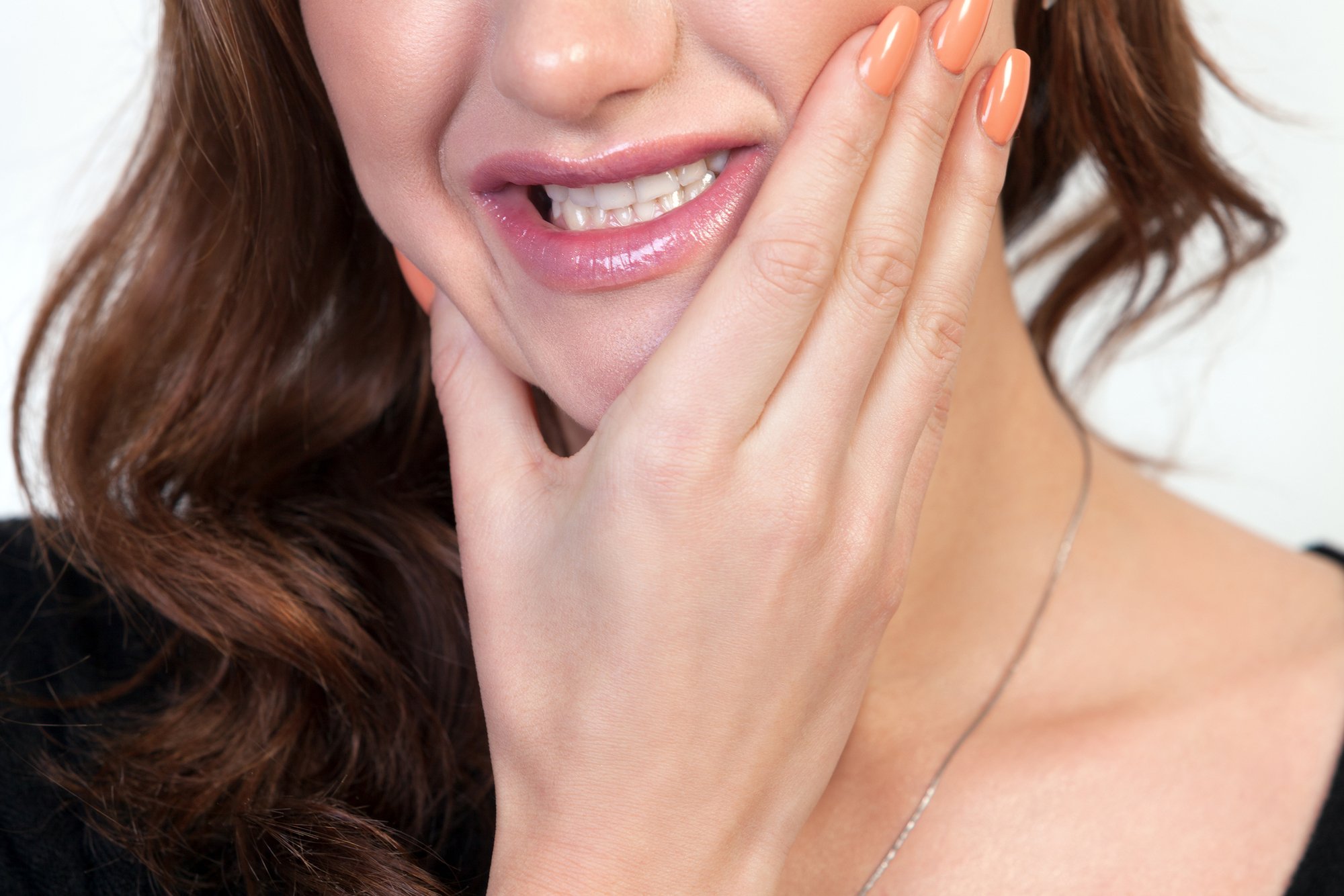
Whether it comes on suddenly or gradually increases in severity, a toothache can cause major discomfort. Emergency dentist Dr. Arpit Pathak, along with his team, sees patients with toothaches that develop for a variety of reasons. Treatments vary depending on the origin of the discomfort and any damage that may have occurred to the dental structure. Although our main goal is to prevent toothaches through dental cleans and other preventative services, when patients are already experiencing discomfort, we provide urgent care as soon as possible.
1. A Cavity
Tooth decay is the most common reason for a toothache. In fact, according to one study conducted by the Australian Research Centre for Population Oral Health (ARCPOH), over 30% of Australian adults suffer from untreated dental decay.
Cavities develop when plaque accumulates and erodes the outer enamel, creating tiny cracks and holes. In this initial phase, the damage will typically be undetectable, except to a trained eye. As the damage progresses, the plaque will work its way into the softer dentin below the enamel and eventually into the inner pulp of the tooth. At this point, the nerve can become irritated and inflamed, causing a toothache.
To treat a cavity, an emergency dentist will most commonly place a dental filling. Composite fillings match the natural color of teeth, and patients can receive them in one office visit.
2. A Dental Abscess
Untreated decay may lead to a dental abscess, or infected tooth. When this occurs, a small infected pocket will appear at the end of the dental root. It is important to have this condition treated as soon as possible, since infection can spread to the gums and even the jawbone. Abscesses can also develop due to untreated gum disease and may affect the gums only or both the gums and the tooth.
A toothache due to a dental abscess can be quite severe. Common symptoms include:
- Sharp, shooting pain
- Pain that spreads to the jawbone or ears
- Sensitivity to hot and cold
- Bad breath
- A bad taste in the mouth
- Swollen gums
- A loose tooth
If the infection is located in the tooth itself, rather than the gums, an emergency dentist will typically recommend root canal therapy. The doctor will clean out the infected tissue, administer needed medication to remove any remaining bacteria, and place a dental crown. Root canal treatment allows many patients to retain even acutely damaged teeth.
3. A Broken or Cracked Tooth
Biting down on something hard or getting hit in the mouth can cause a tooth to break. Studies show that adults over age 40 are the most likely to experienced damaged teeth and that lower molars are the most frequently broken teeth.
An emergency dentist will provide various treatments, based on the extent and type of damage. If it is only a small chip, dental bonding may be enough to fill in the space and prevent additional harm. Larger cracks will typically require a dental crown, which will cover up the tooth, keep the crack from growing any larger, and restore tooth functionality. If the crack has reached all the way to the root, root canal therapy may be necessary.
4. A Loose or Damaged Existing Filling
A filling may come out or loosen for several reasons. Additional tooth decay around the restoration can weaken a filling. Tooth grinding or trauma, such as a blow or biting down on something hard, can also damage a filling, just like it can natural dental tissue. Finally, an old filling may simply be too compromised to protect a tooth. If a filling does come out, is important to seek treatment as soon as possible since there is now an entryway for bacteria.
Most frequently, a dentist will simply replace a loose or missing filling. In some cases, if new decay has damaged a tooth, root canal therapy or a dental crown may be required.
Receive Outstanding Urgent Care from a Woolgoolga Emergency Dentist
If you are experiencing a toothache or any other type of dental emergency, contact the team at Magic Smiles Dental and Implant Centre. We will schedule you for an appointment as soon as possible, and we can guide you in minimizing your discomfort while you are still at home. We proudly serve patients in Woolgoolga, Coffs Harbor, and the surrounding areas. You can call us at (02) 5645 6376 or send a message online.


